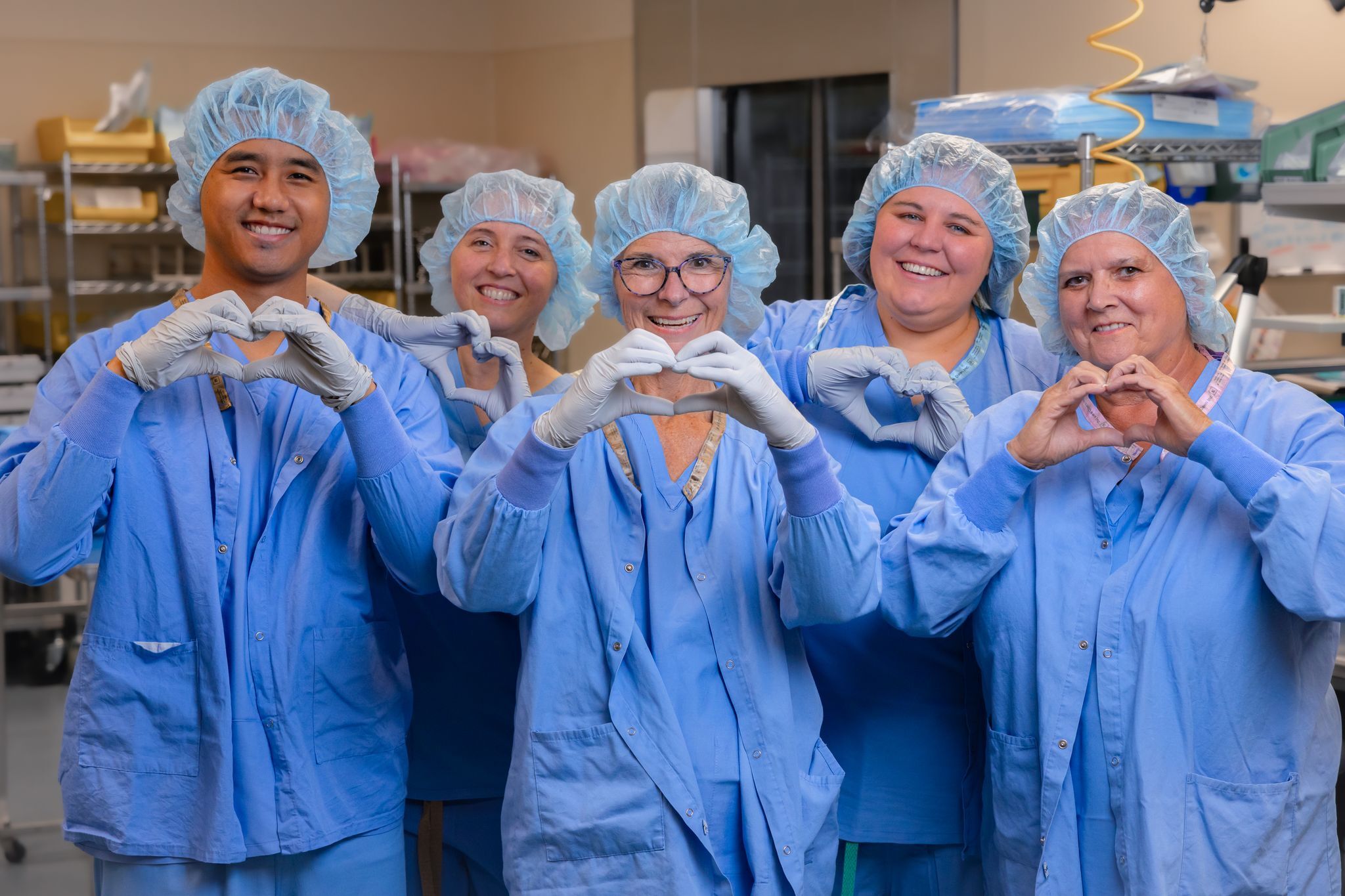Happy Sterile Processing Week 2025!
Sterile Processing professionals are the heartbeat of safe surgical care. Every instrument that passes through your hands plays a critical role in patient outcomes, and your dedication often goes unseen. That’s why Sterile Processing Week is so special: it’s a moment to pause, reset, and celebrate the extraordinary impact SPD workers make every single day.
Censis Celebrates Your SPD
At Censis, we’re proud to stand with you in honoring your expertise, resilience, and care. To help you celebrate, we’ve created activities and resources designed to bring joy, reflection, and pride to your sterile processing department, not only during this week, but all year long.
1. Pause, Reset & Shine Checklist ✨
SPD work is fast-paced and demanding. Sometimes the best way to recharge is with simple, mindful resets. Our Pause, Reset & Shine checklist gives you quick ideas to take a breather—whether it’s stepping outside for fresh air, writing down something you’re grateful for, or enjoying a laugh with a co-worker.
➡️ Download the Pause, Reset & Shine Checklist
2. “Happy Sterile Processing Week” Banner 🎉
Nothing says celebration like decorations! Brighten up your SPD room, office, or workstation with our printable “Happy Sterile Processing Week” banner. It’s designed to be fun, bold, and festive—perfect for creating a celebratory vibe that reminds everyone how appreciated they are.
➡️ Download the SPD Week Banner
3. Shine in Color 🌟 Coloring Pages
Sometimes, taking a break means getting creative. Our Shine in Color pages give you a chance to relax, de-stress, and let your imagination flow. Coloring is a simple but effective way to reset after a tough shift, or even to share a fun moment with your SPD teammates. Bonus: these pages are included in your checklist, so you can check them off as you go!
➡️ Download Shine in Color Pages
4. Sterile Processing Proud Poster 💙
Your work matters; every tray, every instrument, every patient outcome. Our Sterile Processing Proud poster is a daily reminder that Censis cares and that you should feel proud of the impact you make. Pin it on a bulletin board, tape it to your workstation, or hang it in your department as a badge of honor for all you do.
➡️ Download the Sterile Processing Proud Poster
Take Time to Celebrate You
Sterile Processing Week is more than decorations and activities; it’s about honoring the people behind the process. Take time to grab a coffee, share a laugh, or walk outside with a co-worker. Recognize your colleagues, thank one another, and celebrate your hard work as a team.
At Censis, we know firsthand how critical your work is to patient care. Every tray you assemble, every instrument you inspect, and every process you perfect keeps patients safe and surgical teams confident. We’re deeply thankful for all that you do, today and every day. Censis Cares, and we’re proud to celebrate you.
Take a moment to pause, reset, and be proud, you’ve earned it.
Explore Your SPD Celebration Toolkit 🎉
All the resources mentioned above are available for you and your team. Check out the links below to download, print, and share. From checklists to banners to posters, these tools are here to help you celebrate in meaningful ways.






